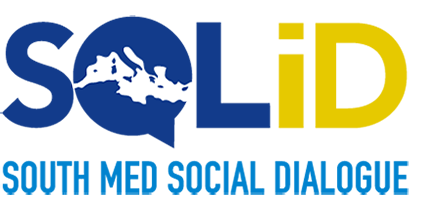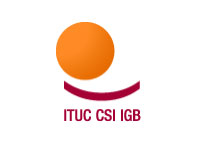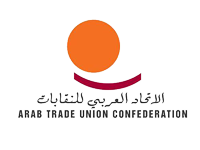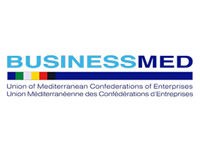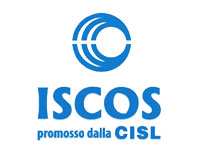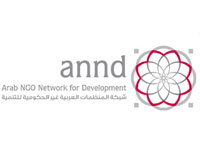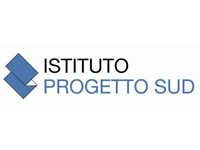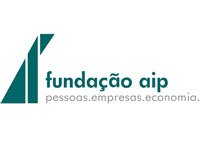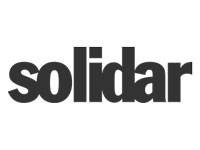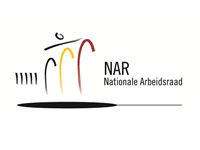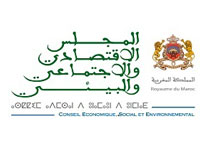Core activities
Sustainability, efficiency and realism being the watchwords of the project, a number of working packages have been set to meet with the objectives and expected results. SOLiD project includes 25 operations, 28 publications, 1 database, 1 web platform and a considerable number of multimedia material. The main activities would be summarized as the following:
Research and analytic work
A set of effective actions and strategies providing support for the development and the progress throughout the operations.
Capacity building
It is the backbone of the project and remain one of the main objectives.
Sharing of experiences and exchanges
A critical activity for the mutual understanding and an enriching tool for addressing apparent conflicts of interest.
Thematic discussions on social dialogue challenges and innovative approaches
Bringing social partners around the table to discuss upcoming challenges and brainstorm on innovative approaches to agree on concrete and sustainable solutions and actions.
Dialogues with civil society and local authorities
Involving partners from other horizons in the discussions and stimulating interaction between diverse organizations, by exploring new skills and aptitudes, should be an effective way to inject innovation and new know-how to the project.
Data and knowledge gathering and cooperation tools for future work
The database and the accumulated experience and expertise should serve as an asset for future work on social dialogue in the region and between the partners on both shores of the Mediterranean.
Management, implementation and communication actions
A pool of support activities for the project including advisory and managements structures, monitoring and evaluation, and the communication plan and visibility actions and material of the activities, the outcomes and results.
Conferences and seminars to enhance the community of practice
In the frame of the European Neighborhood Instrument (ENI), to promote social dialogue between EU social partners and social dialogue institutions (Economic and Social Councils and others), to stimulate the work within the broader Southern Mediterranean region, and in compliance with the UfM work.

